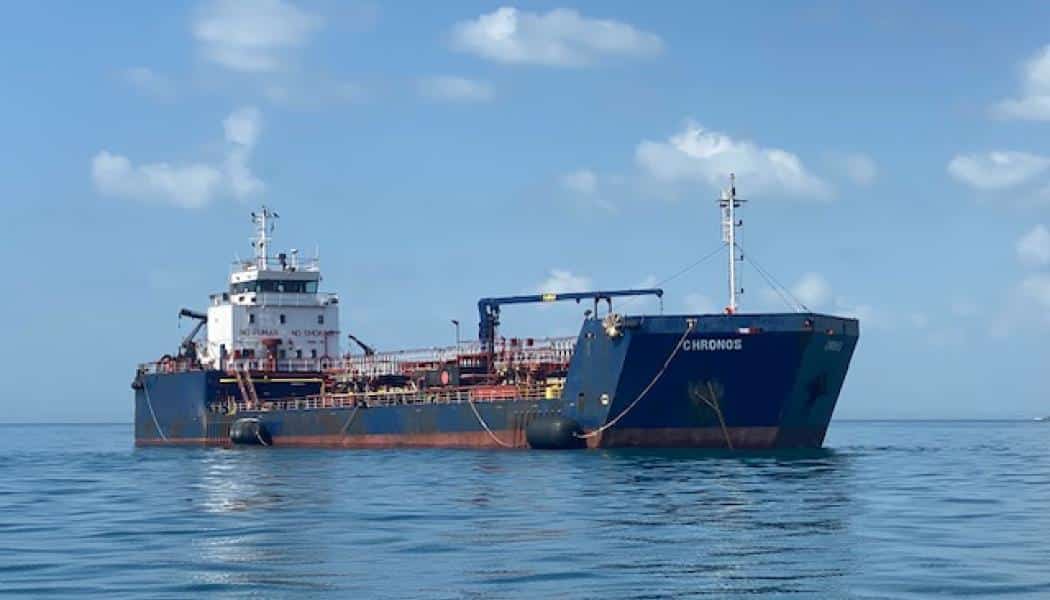Salzgitter and Oldendorff Partner for Greener Shipping

Salzgitter Flachstahl GmbH, a subsidiary of Salzgitter AG, has forged a significant long-term partnership with Oldendorff Carriers aimed at slashing carbon emissions in the maritime transport of iron ore. This collaboration marks a pivotal step in Salzgitter’s ongoing efforts to decarbonize its steel supply chain. Beginning in January 2026, Oldendorff will utilize fuel-efficient bulk carriers to transport iron ore from various loading ports to Hamburg, with the goal of achieving a minimum 20% reduction in CO₂e emissions.
Innovative Strategies for Emission Reduction
The partnership between Salzgitter and Oldendorff is set to significantly impact the environmental footprint of iron ore transportation. By optimizing cargo flows and routing, the collaboration aims to cut approximately 19,000 tonnes of CO₂e emissions annually. This reduction is comparable to removing over 4,000 passenger cars from the roads for an entire year. Notably, Salzgitter will not face any additional costs due to these measures; instead, the initiative is expected to generate cost savings through decreased fuel consumption during transport.
Gunnar Groebler, Chairman of the Executive Board of Salzgitter AG, emphasized the importance of this partnership in the broader context of their SALCOS® project. He stated, “In our SALCOS® project, we are focusing not only on decarbonizing the internal production route for steelmaking but also on related process steps along the entire value chain. Logistics – particularly seaborne raw material transport – plays a central role in this context.” Groebler expressed satisfaction in having Oldendorff as a reliable partner in this transformative journey.
Commitment to Sustainable Maritime Operations
Henrik Christiansen, Executive Director and Head of Sustainability at Oldendorff, highlighted the complexities involved in decarbonizing maritime operations. He noted that effective coordination across the entire value chain is essential for success. “This partnership with Salzgitter cements the relationship between two major German companies and reflects the kind of industry collaboration needed to make meaningful and immediate progress in lowering emissions and advancing more sustainable transport solutions,” Christiansen remarked.
Oldendorff’s fleet is primarily composed of modern “eco”-type bulk carriers, which are engineered to minimize fuel consumption compared to older vessel models. These ships feature optimized hull designs, advanced engine technology, and various fuel-saving enhancements, all contributing to a lower carbon intensity per tonne of cargo transported. This collaboration not only underscores the commitment of both companies to sustainability but also sets a precedent for future initiatives in the industry.
